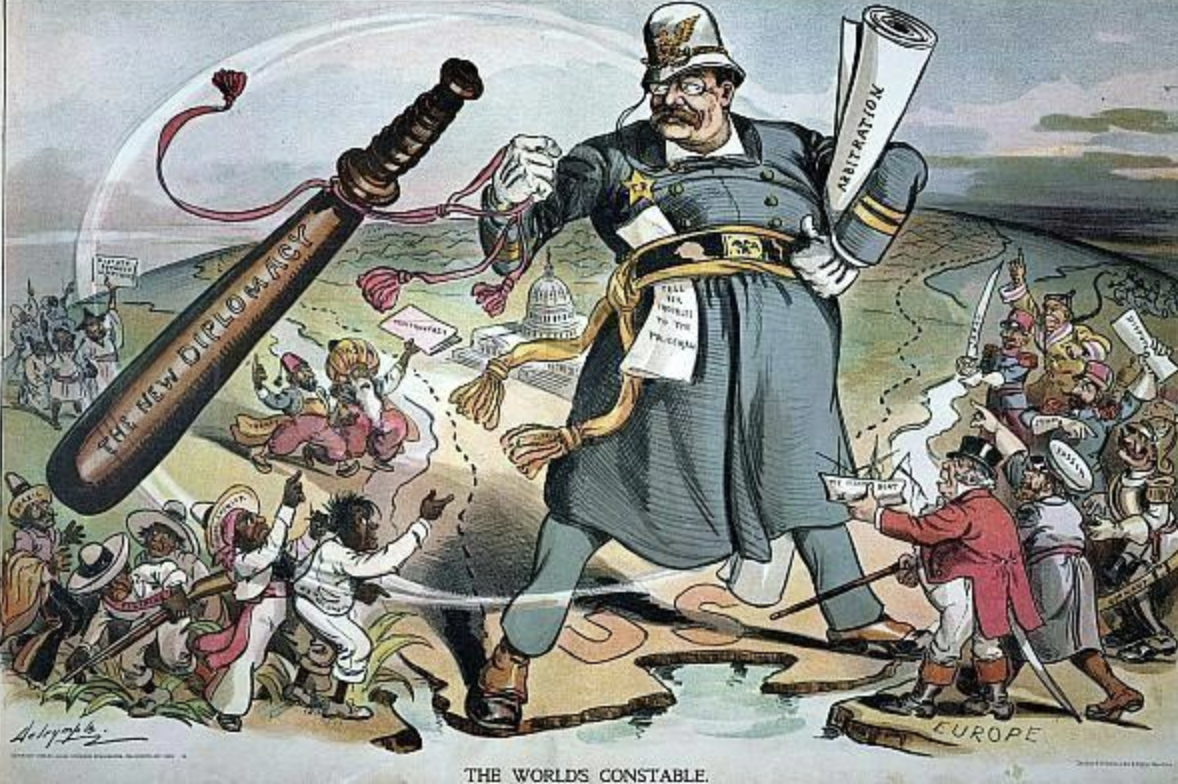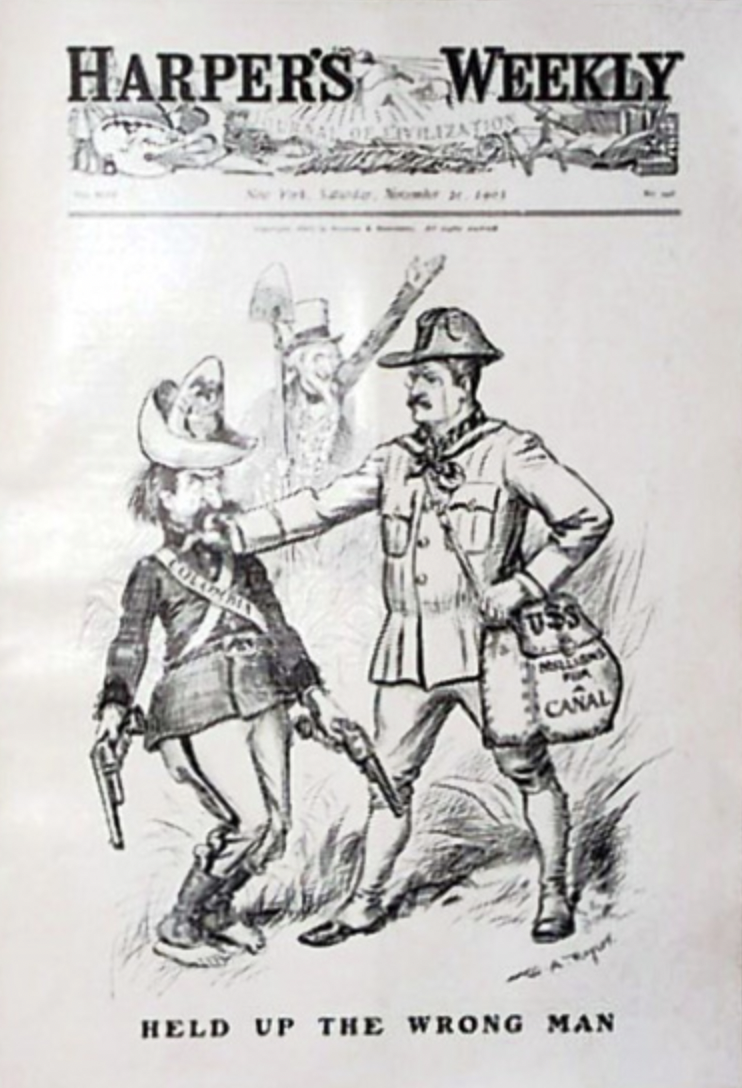Unit 7 DBQ (International Expansion)
4 min read•june 18, 2024
AP US History 🇺🇸
454 resourcesSee Units
AP US History Document-Based Question for International Expansion
👋 Welcome to the AP US History Unit 7 DBQ (International Expansion). These are longer questions, so grab some paper and a pencil, or open up a blank page on your computer. After you finish, you can see how you did with the Unit 7 DBQ (International Expansion) Answers.
⏱ The AP US History exam has a mixture of free-response questions and allotted times. For these types of questions, there will be 1 DBQ, and you will be given 60 minutes to complete it. It is suggested that you spend 15 minutes to read the documents and spend 45 minutes to draft your response.
🤔 Need a quick refresher of the unit as a whole? Check out the Unit 7 Overview.
😩 Getting stumped halfway through answering? Look through all of the available Unit 7 Resources.
Guidelines
In your response you should do the following:
- Respond to the prompt with a historically defensible thesis or claim that establishes a line of reasoning.
- Describe a broader historical context relevant to the prompt.
- Support an argument in response to the prompt using at least six documents.
- Use at least one additional piece of specific historical evidence (beyond that found in the documents) relevant to an argument about the prompt.
- For at least three documents, explain how or why the document’s point of view, purpose, historical situation, and/or audience is relevant to an argument.
- Use evidence to corroborate, qualify, or modify an argument that addresses the prompt.
Adapted from College Board DBQ Instructions
Question
Evaluate the extent to which international expansion fostered changes in the United States from 1890 to 1914.
Document 1 (Thayer Mahan)
Source: The Influence of Sea Power upon History, 1660-1783. Alfred Thayer Mahan.
“The history of sea power is largely, though by no means solely, a narrative of contests between nations, of mutual rivalries, of violence frequently culminating in war. The profound influence of sea commerce upon the wealth and strength of countries was clearly seen long before the true principles which governed its growth and prosperity were detected. To secure to one's own people a disproportionate share of such benefits, every effort was made to exclude others, either by the peaceful legislative methods of monopoly or prohibitory regulations, or, when these failed, by direct violence. The clash of interests, the angry feelings roused by conflicting attempts thus to appropriate the larger share, if not the whole, of the advantages of commerce, and of distant unsettled commercial regions, led to wars….
Document 2 (Schurz)
Source: The Policy of Imperialism: Address by Hon. Carl Schurz at the Anti-Imperialist Conference in Chicago. Oct 17, 1899.
We earnestly condemned the policy of the present national administration in the Philippines. It seeks to extinguish the spirit of 1776 in those islands. We deplore the sacrifice of our soldiers and sailors, whose bravery deserves admiration even in an unjust war. We denounce the slaughter of the Filipinos as a needless horror. We protest against the extension of American sovereignty by Spanish methods...We demand the immediate cessation of the war against liberty, begun by Spain and continued by us.
Document 3 (Library of Congress, Illustration)
Source: Library of Congress, 1905.

Image courtesy of the Library of Congress
Document 4 (Hay to White)
Source: John Hay to Andrew D. White, First Open Door Note, September 6, 1899.
The present moment seems a particularly opportune one for informing Her Britannic Majesty’s Government of the desire of the United States to see it make a formal declaration and to lend its support in obtaining similar declarations from the various powers claiming “spheres of influence” in China, to the effect that each in its respective spheres of interest or influence — First. Will in no way interfere with any treaty port or any vested interest within any so-called “sphere of interest” or leased territory it may have in China. Second. That the Chinese treaty tariff of the time being shall apply to all merchandise landed or shipped to all such ports as are within said “sphere of interest” (unless they be “free ports”), no matter to what nationality it may belong, and that duties so leviable shall be collected by the Chinese Government.
Document 5 (Queen Liliuokalani)
Source: Letter from Liliuokalani, Queen of Hawaii to U.S. House of Representatives, December 19, 1898.
The House of Representatives of the United States: I, Liliuokalani of Hawaii, named heir apparent on the 10th day of April, 1877, and proclaimed Queen of the Hawaiian islands on the 28th day of January, 1891, do hereby and earnestly and respectfully protest against the assertion of the ownership by the United States of America of the so-called Hawaiian Crown Islands amounting to about one million acres and which are my property, and I especially protest against such assertion of ownership as a taking of property without due process of law and without just or other compensation….
Document 6 (Harper's Weekly)
Source: Harper's Weekly, Nov 21, 1903.

Image courtesy of Wikipedia
Document 7 (Platt Amendment)
Source: Transcript of Platt Amendment, 1903.
That the government of Cuba shall never enter into any treaty or other compact with any foreign power or powers which will impair or tend to impair the independence of Cuba, nor in any manner authorize or permit any foreign power or powers to obtain by colonization or for military or naval purposes or otherwise, lodgment in or control over any portion of said island."
Answers & Rubric
💯 Ready to see how you did? Take a look at the Unit 7 DBQ (International Expansion) Answers.
Browse Study Guides By Unit
🌽Unit 1 – Interactions North America, 1491-1607
🦃Unit 2 – Colonial Society, 1607-1754
🔫Unit 3 – Conflict & American Independence, 1754-1800
🐎Unit 4 – American Expansion, 1800-1848
💣Unit 5 – Civil War & Reconstruction, 1848-1877
🚂Unit 6 – Industrialization & the Gilded Age, 1865-1898
🌎Unit 7 – Conflict in the Early 20th Century, 1890-1945
🥶Unit 8 – The Postwar Period & Cold War, 1945-1980
📲Unit 9 – Entering Into the 21st Century, 1980-Present
📚Study Tools
🤔Exam Skills
👉🏼Subject Guides
📚AMSCO Notes

Fiveable
Resources
© 2025 Fiveable Inc. All rights reserved.